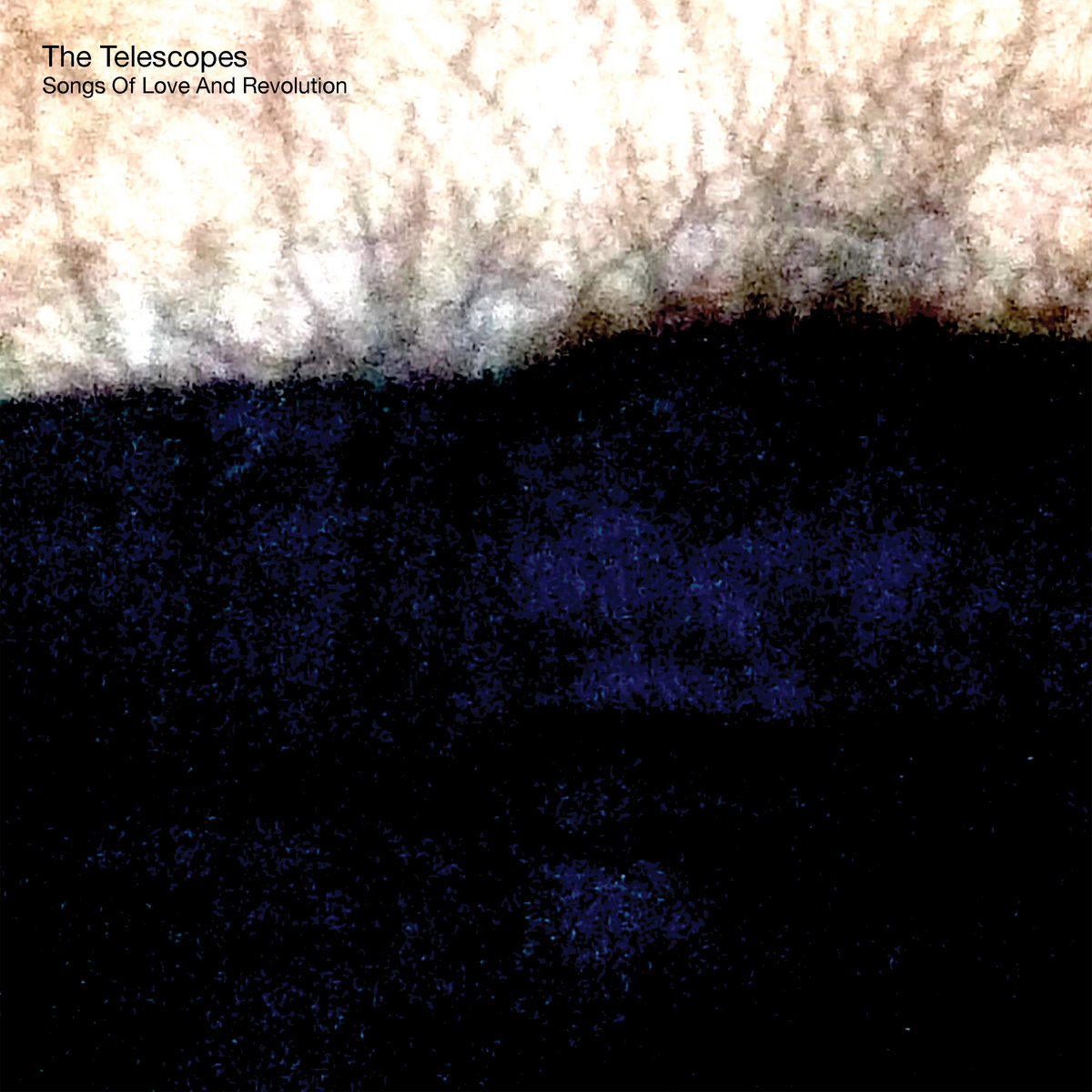Written by: Dave Cantrell
For a handful of artists/bands – The Fall, Swans, Kristin Hersh to name a quick three – there is this sense that, as a writer tasked with covering a new album of theirs, once you’ve navigated your way through one release, intently squinting with your ears (if you will), unknotting its complexities to the extent your faculties allow, well, you feel as if you’ve unlocked something and as such are situated pretty well for the next of their efforts that lands on your desk. In a sense, it’s as if you’ve memorized, however intuitively, the oblique, near inscrutable roadmap that’s been laid out in front of you. To be clear, it’s not a place one arrives without encountering a few patches of pen-paralyzing difficulty, a slurry of exasperation sloshing around so in your head you’re forced to stop, get out of it and walk around a bit, understanding that that so-called roadmap has at some point been taken from your hands, cut up and reassembled Burroughs-style, what with its unforeseen roundabouts, perplexing trunk roads, the confounding if utterly intriguing latticework of intersections the artists drives themselves through to get where they’re going. Sustained by a bout of rest you get back on the album’s trail until you’ve tracked your way to a vista (if you will) of understanding. To be sure, it’s your own version of a vista but a vista no less, it’ll have to do and most often does. At that point, then, you can’t help but ask yourself, ‘What’s there left to say?’ Well, [ahem]…
…when it comes to Stephen Lawrie and his long-running project The Telescopes, the answer, inevitably it would seem, lies exactly midway between ‘Not a lot, really’ and ‘An infinite amount!’ No surprise there, this being who it is, so what one hopes for when addressing a new album from this band or any of the above-listed is some kind of hook to hang one’s thesis on and luckily, at least on a personal level, Songs of Love and Revolution offers, right out the gate, a self-contained tale of noisome dismay – accompanied, it must be said, by at least a drop of disillusion – met head on by a wave of sustained redemption. To illustrate and bear witness, here’s a note I scrawled in the car – which, as it happens, has a quite decent soundsystem – after slipping the CD with a taut ‘oh boy!’ anticipation into that weird foam-rubbered slot: “Admit at first it was annoying. Opening track “This is Not A Dream” is essentially 5½ minutes of avant-chamber sludge, vocals buried in a hazy fuzz or a fuzzy haze that could be heard as shoegaze were the word ‘shoe’ replaced with ‘navel,” an initial response that can most charitably be called inauspicious. Listening now a few weeks hence, sat at the kitchen table with headphones and, one presumes, a keener focus, the track’s throbbing bass/drum tribal beat beating in my ears with a narcotic trudge, the nuances in the mix have a chance to reassert themselves – that psych-y howl of guitar that blows through the landscape like a peel of post-apocalyptic desolation, that underlayer of marauding noise (a second electric guitar with the fuzz pedal stuck on ‘primordial’) that provides this kind of floor of apprehension you barely realize you’re standing on – the song is allowed to accrue its rightful dimensions. Even the lyrics, though remaining largely indecipherable, set as they are inside the usual Telescopian sonic aspic, begin to take on appreciable shape, the vocal melody emerging from the murk with its damaged pop contours intact. By the time “Dream” ends, its minute-long coda of sustained reverb wringing every last mote of energy from the thing, I’m back on board, ticket in hand, my faith more or less restored.
And that right there, I realize just now as I’m writing this, is, in its own peculiar snapshot way, the essence of the Telescopes experience. Inside that almost sleight-of-mind transactional process – I give the album space, it gives me the opportunity to be swept along in an obsessed wave of creative absorption and hell who doesn’t enjoy that – lies at least one of the keys to understanding this band’s instinctive raison d’etre (if you will), which in turn not only allows for a baseline appreciation of what can at times be a challenging listen – this four piece ensemble’s work can make you work – but in so doing promises at least the chance (though we here at SEM tend to feel it’s guaranteed) of finding joy.
Joy, after all, isn’t solely or even necessarily found inside those confines commonly considered ‘joyous’ that in some form involve sparkly attributes as well as some level of heart-swellingness to write home about. Joy, as anyone reading this knows, also rises from some very dark, dense places and to go further, it could be well-argued that the joy such derived, precisely because of its Stygian origins, carries with it a richer, more impactful hit (we need only think Nick Cave or any one of countless others to corroborate). It’s a basic truth one suspects is held in the heart’s heart of the guy behind The Telescopes and could in fact be what one might refer to Lawrie’s Law #1. But even were that not the case – never met Stephen in any way and for all I know he might be the lightest-hearted fella to ever grace the earth’s surface – it is nonetheless that holy unholy metric of dark joy that one finds if willing to look, a wealth of it in fact lurching with intent throughout the breadth of Songs of Love and Revolution.
“Strange Waves” introduces the word ‘deft’ to the concept of ‘churn’ with a dexterity that could find Michael Gira taking feverish notes on the sidelines, the well-named “Mesmerized” takes the VU remit of Lou Reed at its brilliantly lugubrious apex and injects it with slightly askew rays of hope, “This Train” is the track for which I’ve apparently been saving the word combo ‘devastatingly atmospheric’ while the title track, in an act of longing deception, limps into view like it’s the most beautifully alluring wreck you’ve ever encountered before Lawrie’s guitar shows up and nearly immolates your very soul, not unlike, say, the effect both love and revolution tend to have on our tender psyches.
There is more, of course – any Telescopes album is a bounty of discovery, not least the wry, lacerating an wonderfully-titled “You’re Never Alone With Despair,” but surely by now you have sufficient evidence at hand. Though the phrase ‘opaque incandescence’ may be a bit too much beyond logic’s pale for you to embrace, we suggest you take the leap and do so anyway. While maybe not precisely accurate to tag Mr Lawrie with the ‘enigma’ label, there can be little argument that he lives and works inside an aesthetic universe of his own devising. Wandering about inside the condensed architectural spaces he designs, a hint of the unknowable in the air that one can’t help but suspect is true whatever its gist, the mood intense, brooding and yet, yes, oddly joyous, one wonders if the underlying goal here it to simply prove from within a pop structure that beauty and a certain brutality can not only co-exist but do so naturally, to a point of indeterminate symbiosis, the line forever blurred where one is the other is the other is both. But even with all that aside, the work of The Telescopes in an ongoing lifetime achievement (if you will), Songs of Love and Revolution just the next fearless step.









